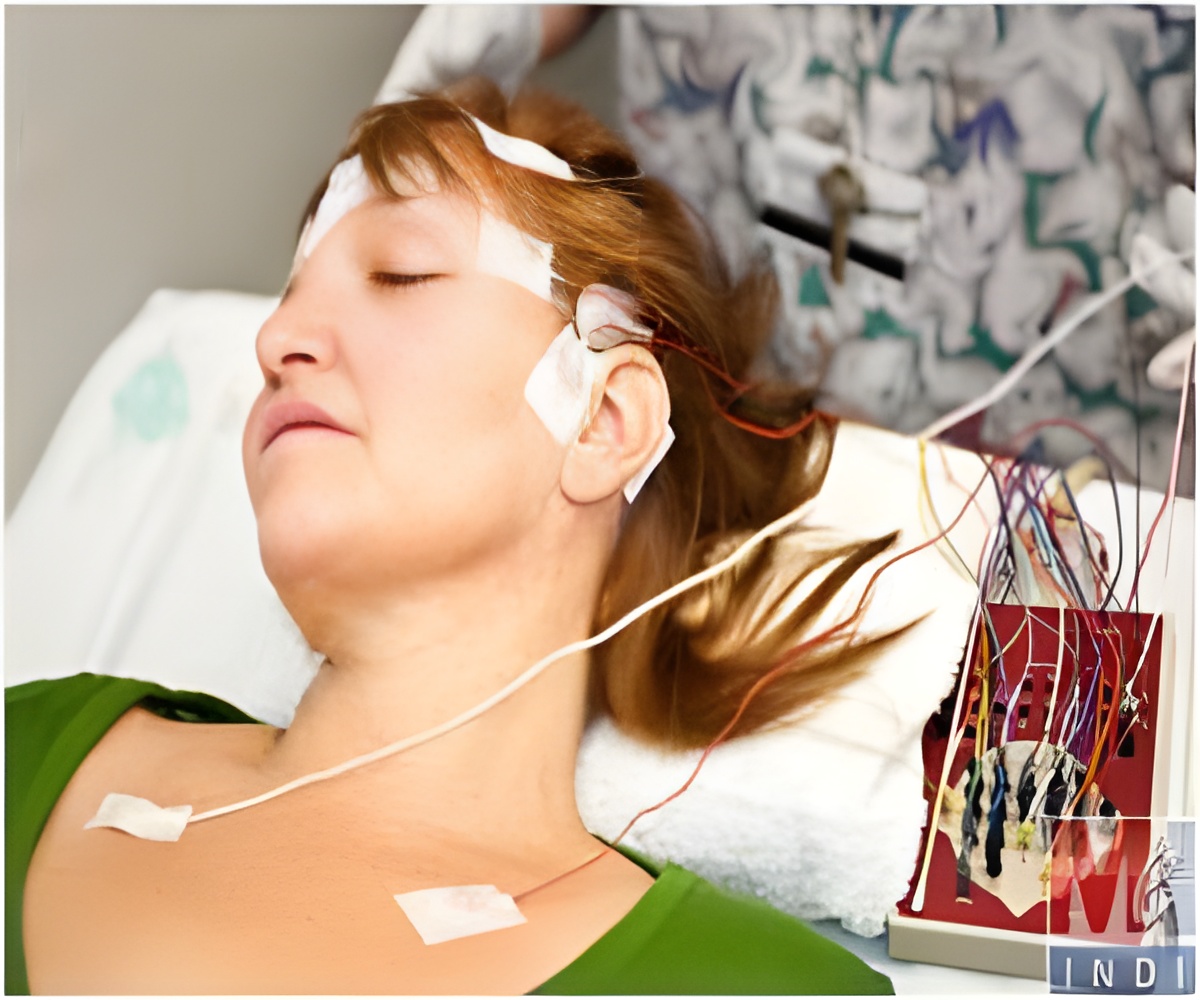A simple ultrasound test to identify people at high risk of stroke who have a condition called asymptomatic carotid stenosis, has emerged from a study.

"There is debate over how to best treat people with asymptomatic carotid stenosis. A procedure called carotid endarterectomy can reduce the risk of stroke, but there are risks and costs involved with the surgery. Identifying people with asymptomatic carotid stenosis who are at higher risk of stroke would help determine whether carotid endarterectomy is needed," said study author Raffi Topakian, MD, of the Academic Teaching Hospital Wagner-Jauregg in Linz, Austria.
The surgery removes the plaque buildup in the carotid artery, which is the main artery from the heart to the brain.
For the study, 435 people with asymptomatic carotid stenosis were followed for two years. They underwent ultrasound of the carotid artery and of blood vessels in the brain to determine whether two markers for high risk of stroke were present. The markers were signs of blood clots passing into the brain, and a type of carotid plaque called echolucent plaque, which has a higher fat content than other plaque.
Of the participants, 164 people had echolucent plaque, or 38 percent, and 73 people, or 17 percent, had at least one sign of a blood clot. Six percent, or 27 people, had both markers. During the study, 10 people had strokes and 20 people had transient ischemic attacks, or mini-strokes.
The study found that people with the echolucent plaque in their carotid artery were more than six times more likely to have a stroke than those people without the plaque. People who had the plaque and signs of blood clots were more than 10 times more likely to have a stroke than those without both markers. The results remained the same regardless of high blood pressure, diabetes, smoking and vascular disease.
Advertisement
In an accompanying editorial, Lars Marquardt, MD, DPhil, of the University of Erlangen-Nuremberg in Germany noted that the overall risk of stroke among people with asymptomatic carotid stenosis is relatively low and has decreased in recent years due to better management through cholesterol and high blood pressure drugs. He also said that incorporating screening for plaque and blood clots in people with no symptoms may be difficult and costly.
Advertisement
The American Academy of Neurology, an association of more than 24,000 neurologists and neuroscience professionals, is dedicated to promoting the highest quality patient-centered neurologic care. A neurologist is a doctor with specialized training in diagnosing, treating and managing disorders of the brain and nervous system such as Alzheimer''s disease, stroke, migraine, multiple sclerosis, brain injury, Parkinson''s disease and epilepsy.
Source-Newswise














